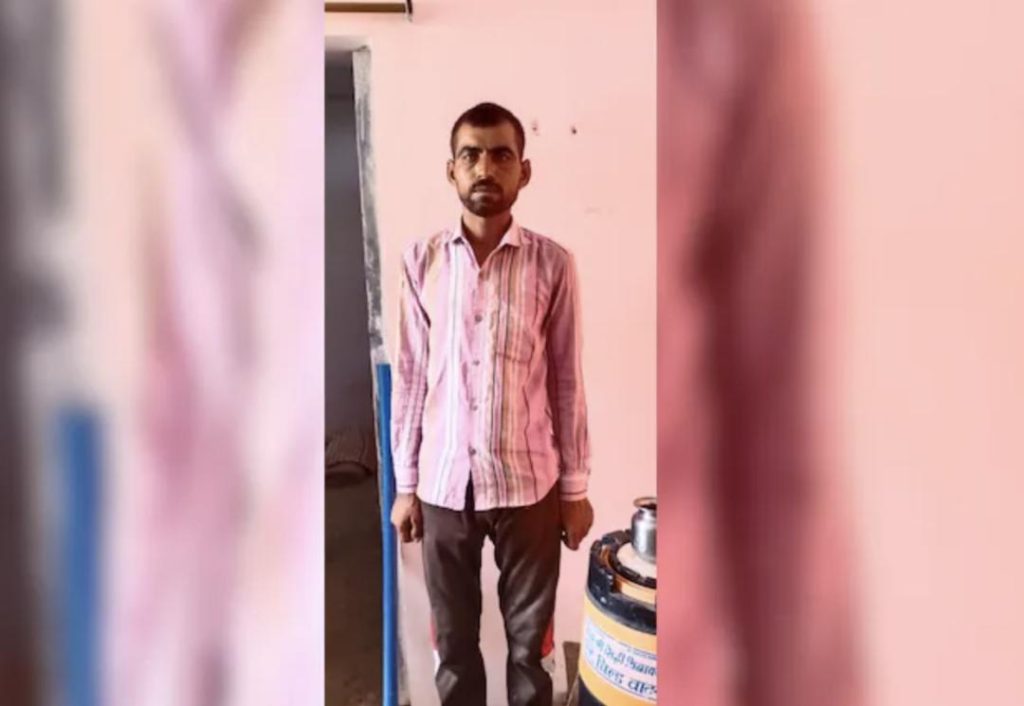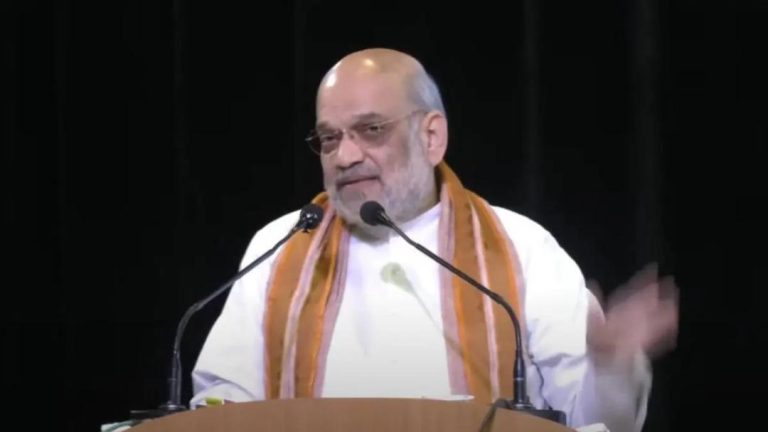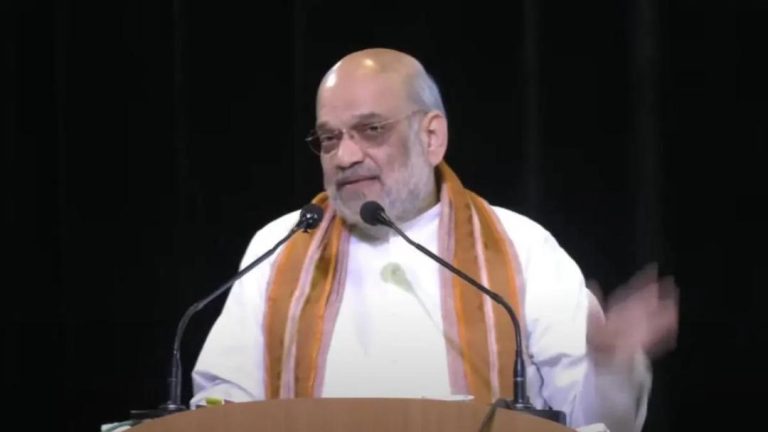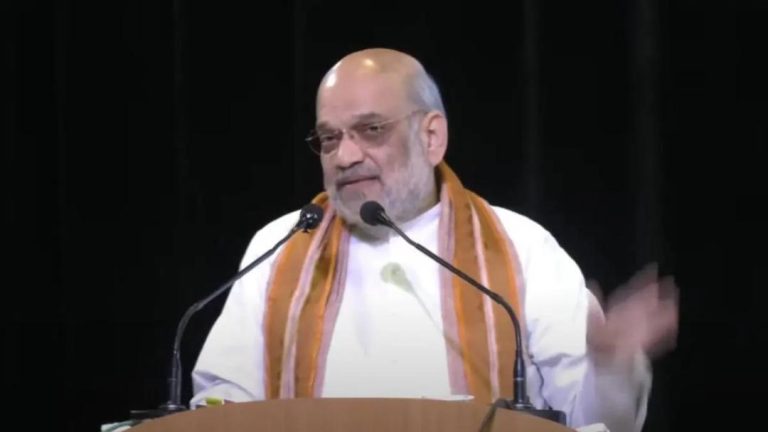
Serial Rapist Whose Death Penalty Was Cancelled Rapes & Kills 11-Year-Old in MP
In a shocking and disturbing turn of events, a 40-year-old man who had escaped the death penalty in a previous rape case has allegedly committed another heinous crime, this time raping and murdering an 11-year-old hearing- and speech-impaired girl in Madhya Pradesh. The accused, Ramesh, was arrested after a thorough investigation and was subsequently found to have a history of similar offenses, including the rape of a five-year-old in 2003 and the rape and murder of an eight-year-old in 2014.
According to the reports, the incident took place in a village in Madhya Pradesh, where the 11-year-old girl was playing outside her home when she was abducted by Ramesh. The police were informed about the incident and launched an immediate investigation, during which they found that the girl had been sexually assaulted and murdered. The body was later found in a nearby forest area.
Ramesh, who had spent 10 years in jail for raping a five-year-old girl in 2003, had been given the death penalty for raping an eight-year-old girl in 2014. However, in a bizarre twist, his death penalty was cancelled by the High Court, allowing him to walk free. It is unclear what led to the cancellation of his death penalty, but it is clear that this decision has had devastating consequences.
The 11-year-old girl who was murdered was hearing- and speech-impaired, making her even more vulnerable to the brutal attack. Her family has been left devastated by her death, and the community is in shock and outrage at the senseless violence perpetrated by Ramesh.
The police investigation into the case revealed that Ramesh had planned the crime carefully, abducting the girl and taking her to a secluded area where he committed the heinous act. The police were able to track him down after a thorough investigation and were able to recover crucial evidence that linked him to the crime.
The case highlights the need for stricter laws and harsher punishments for those who commit such heinous crimes. It also raises questions about the effectiveness of the criminal justice system in India, where criminals who are given the death penalty can often escape punishment.
The incident has sent shockwaves across the country, with many calling for stricter laws and harsher punishments for those who commit such crimes. The government has promised to take action to ensure that such incidents do not recur in the future.
In conclusion, the case of Ramesh, who was given the death penalty for rape and murder but was later allowed to walk free, is a shocking and disturbing reminder of the need for stricter laws and harsher punishments for those who commit such heinous crimes. It is a stark reminder of the vulnerability of children and the need for greater protection and support for them.



